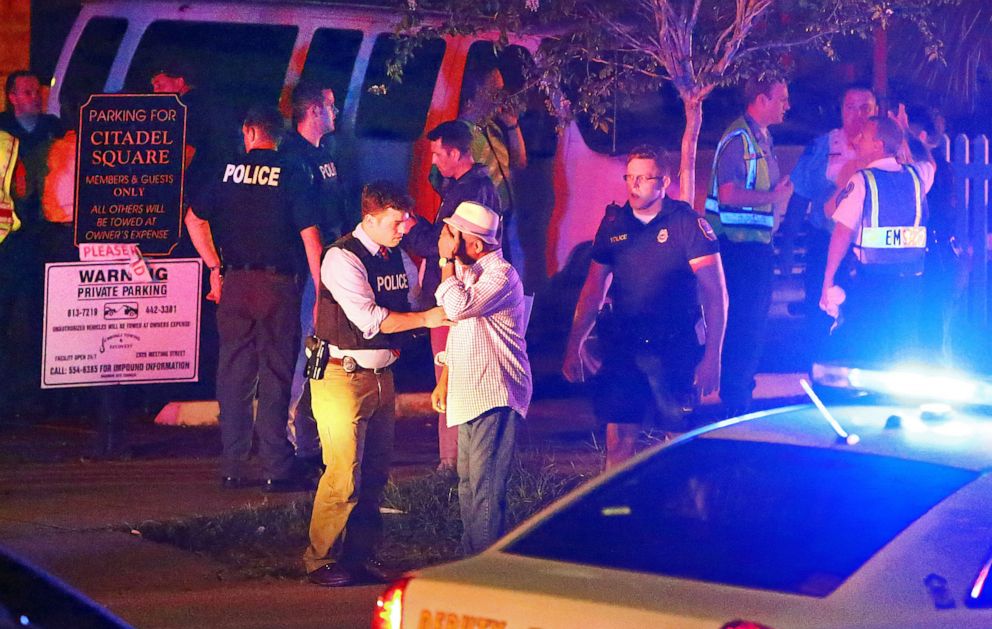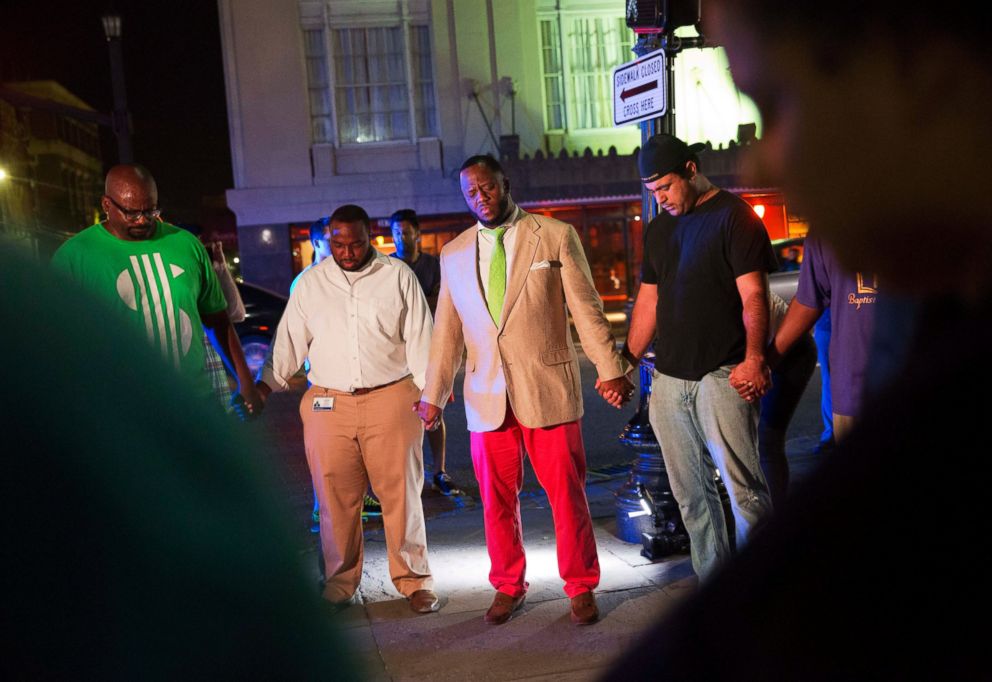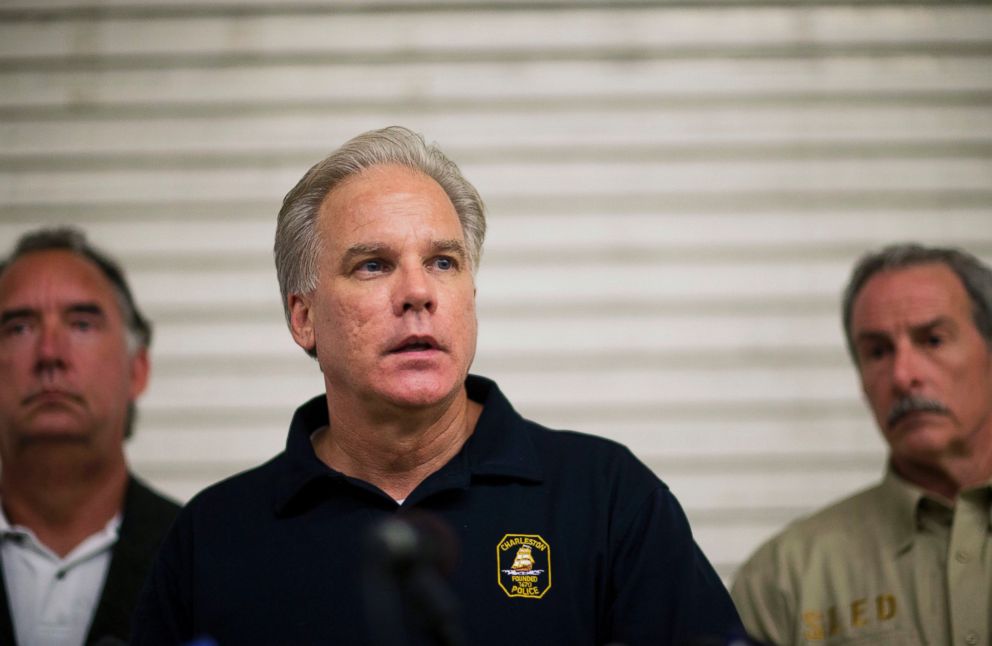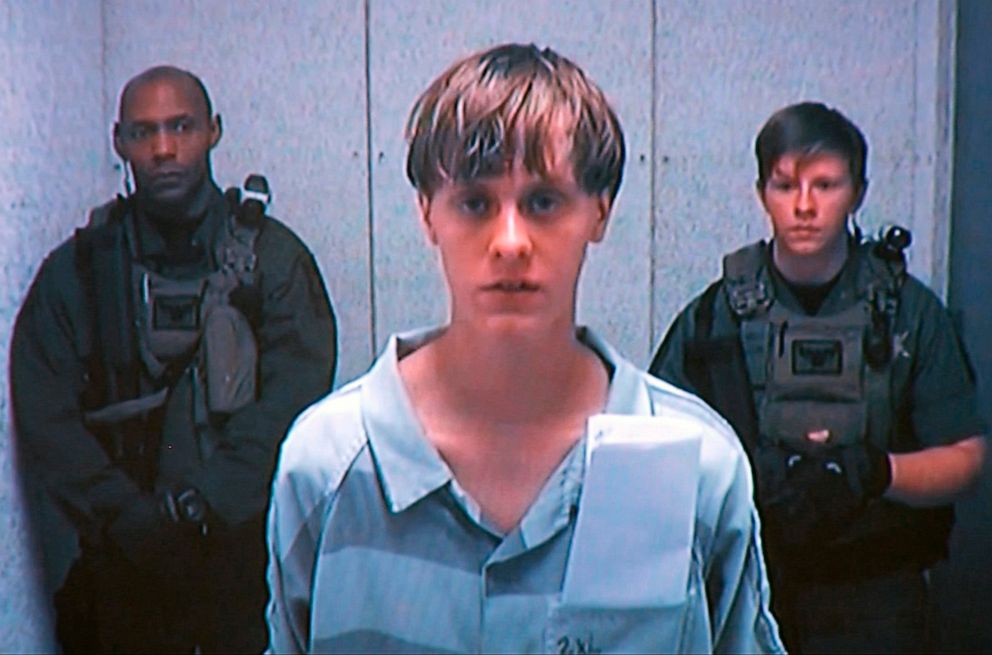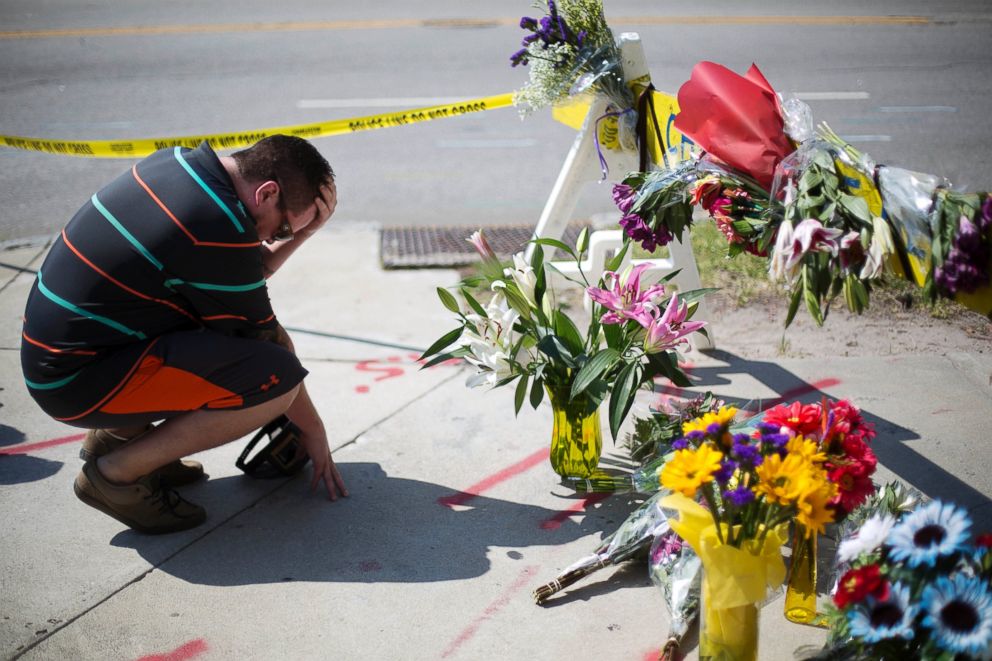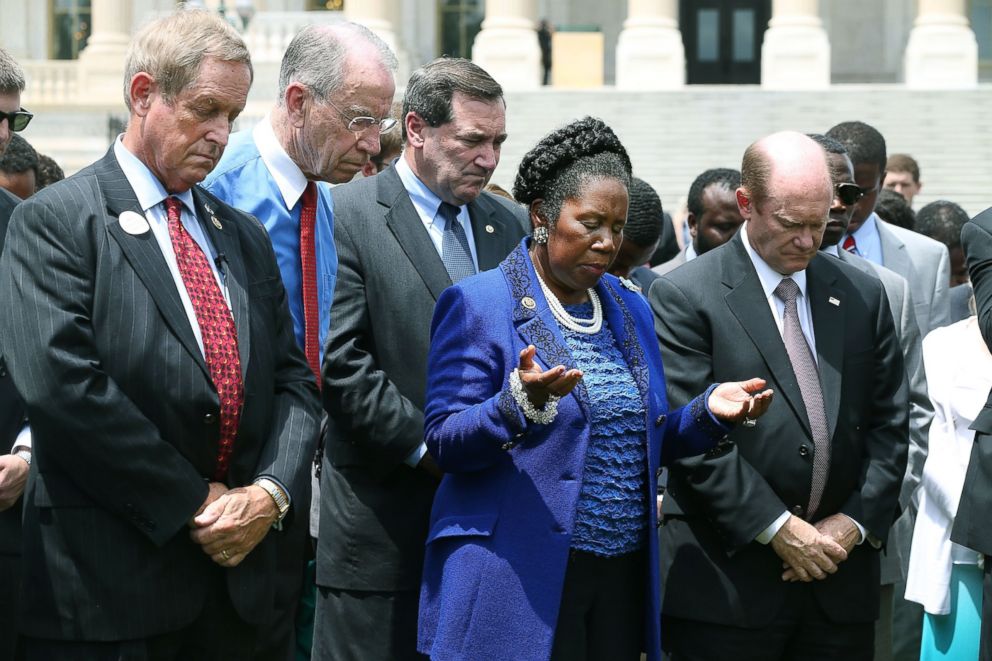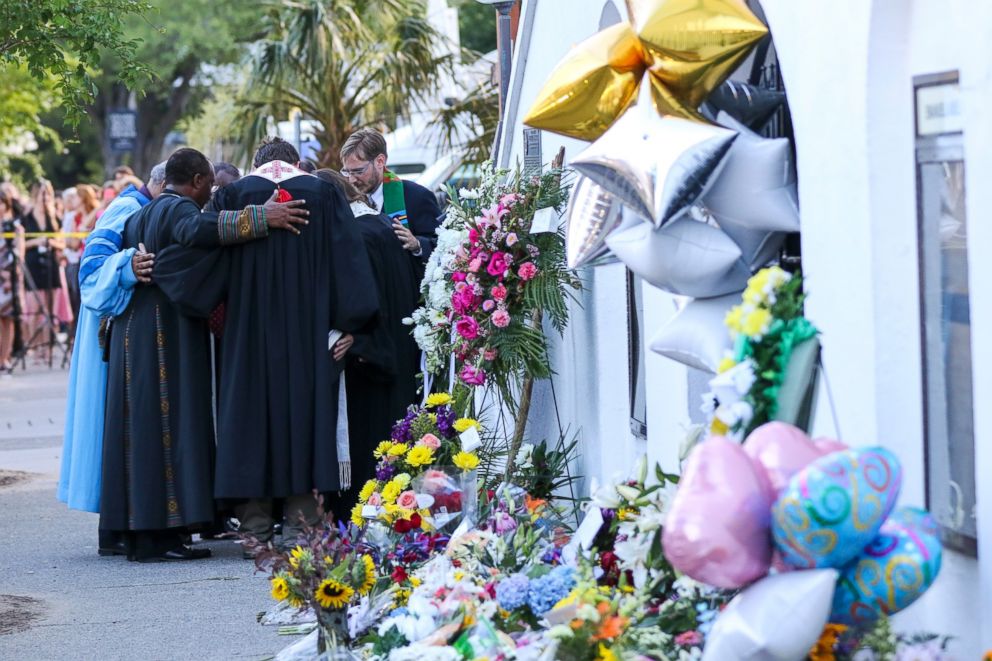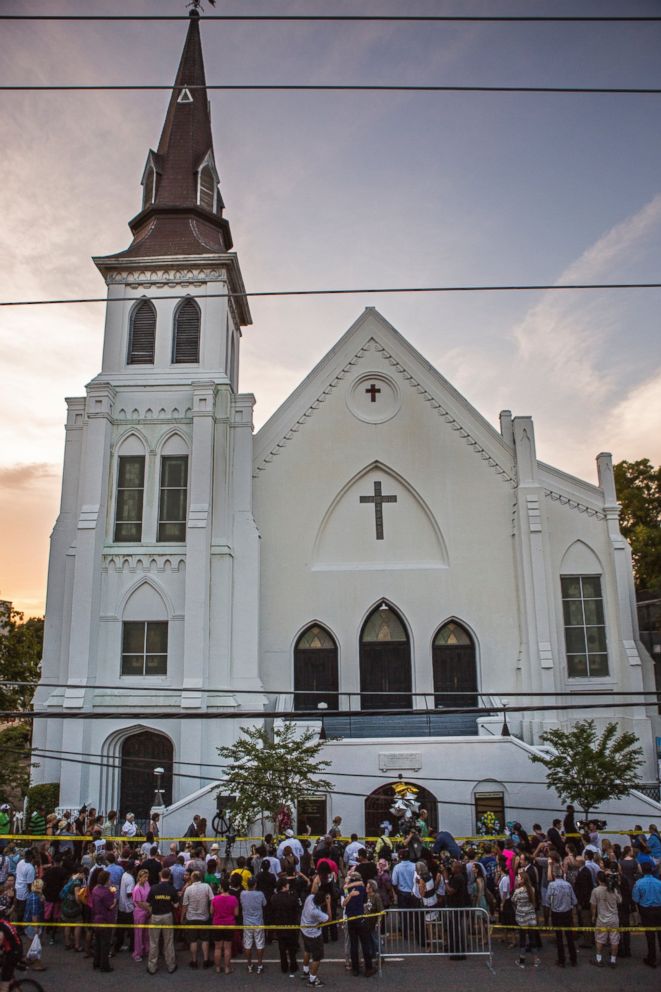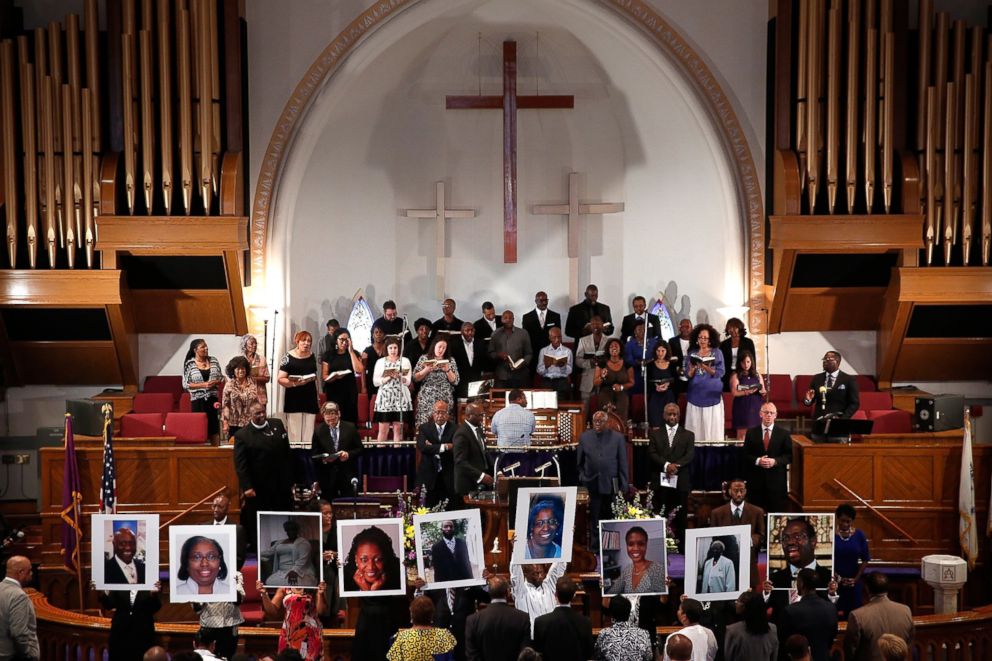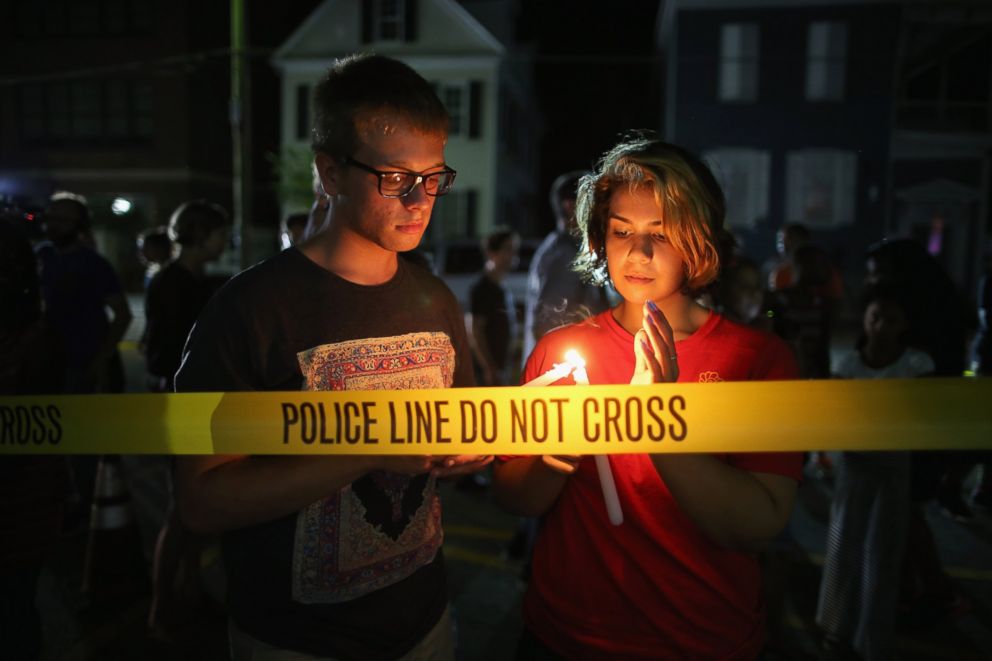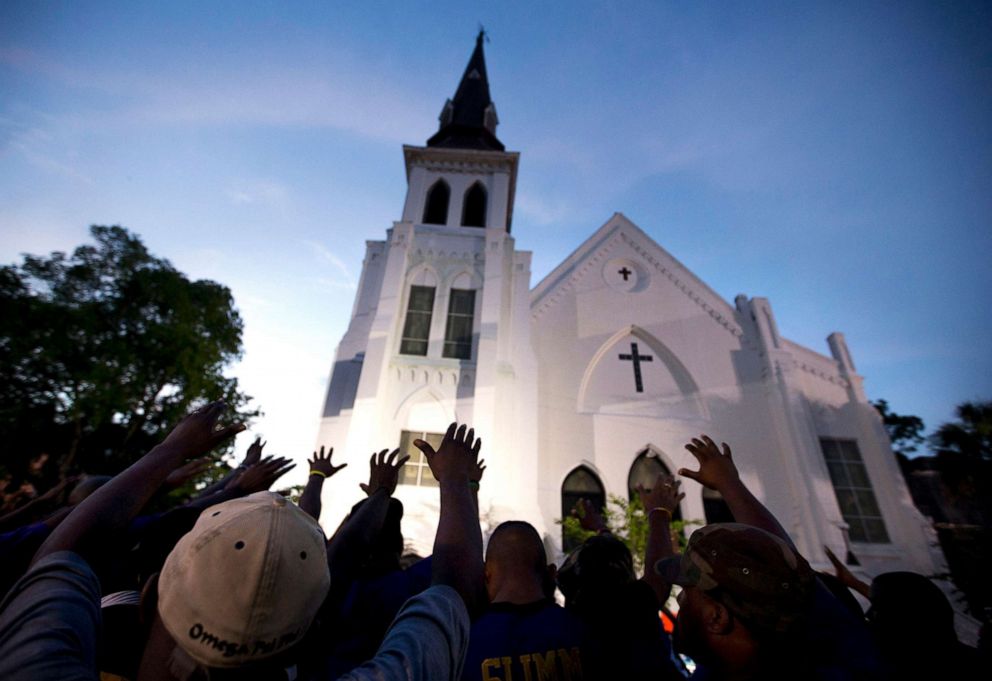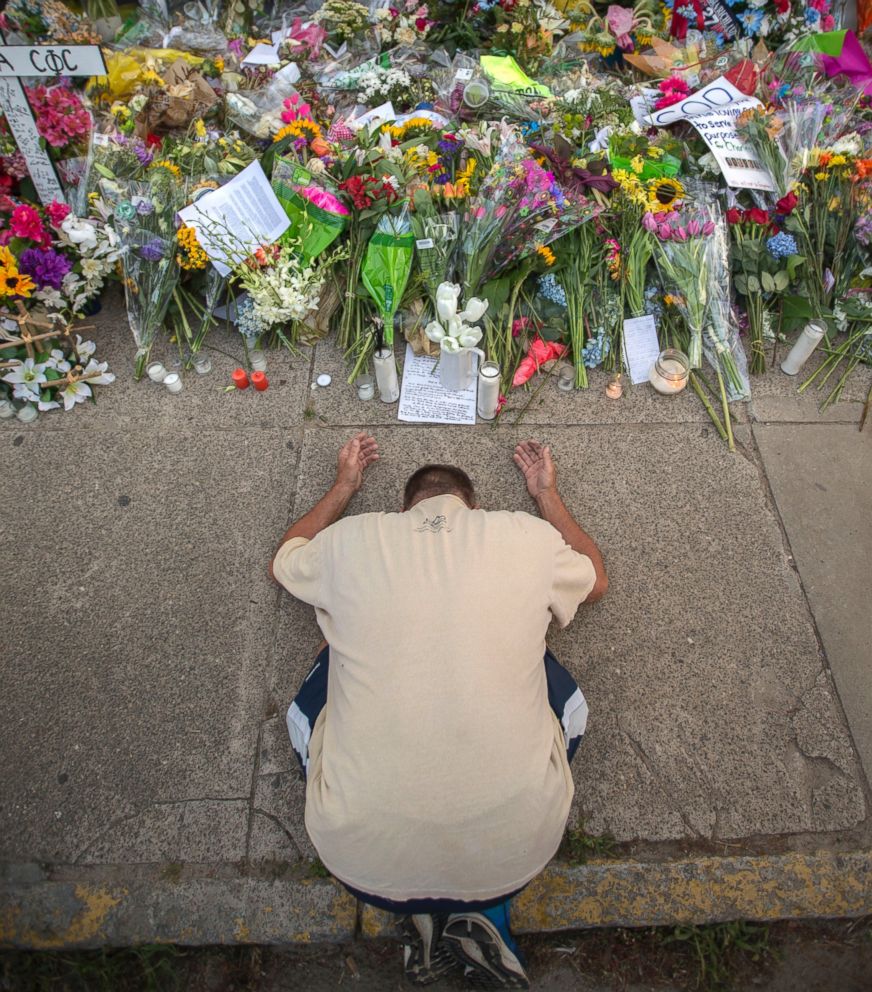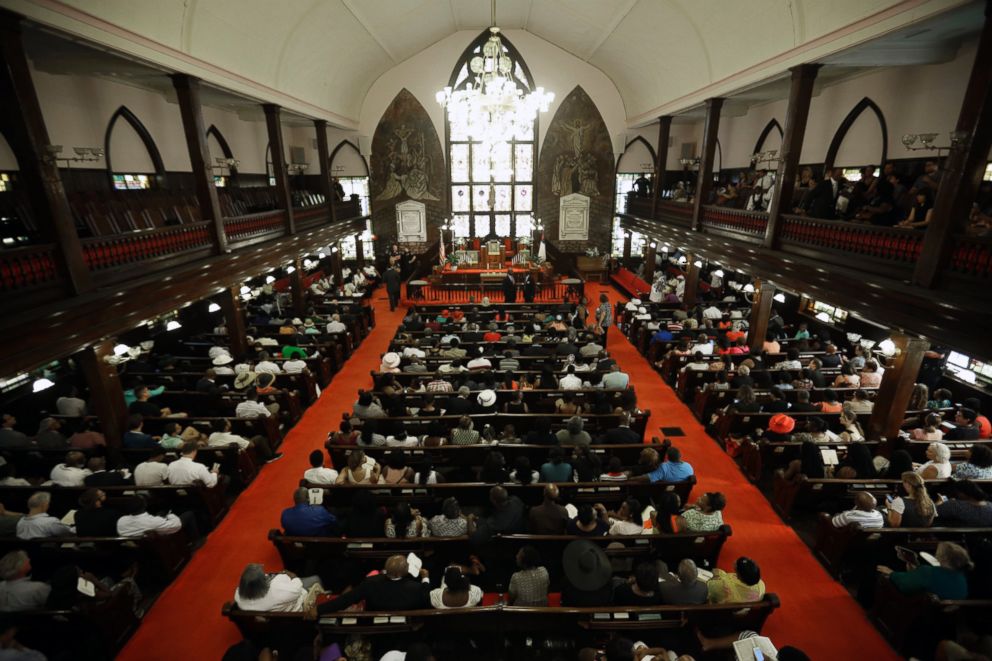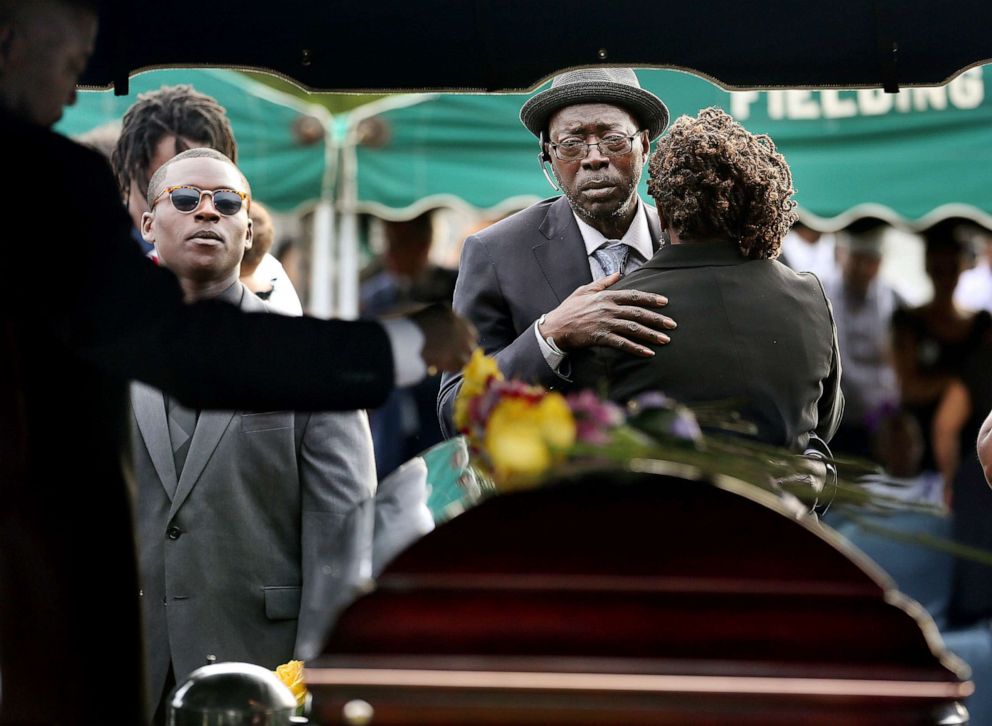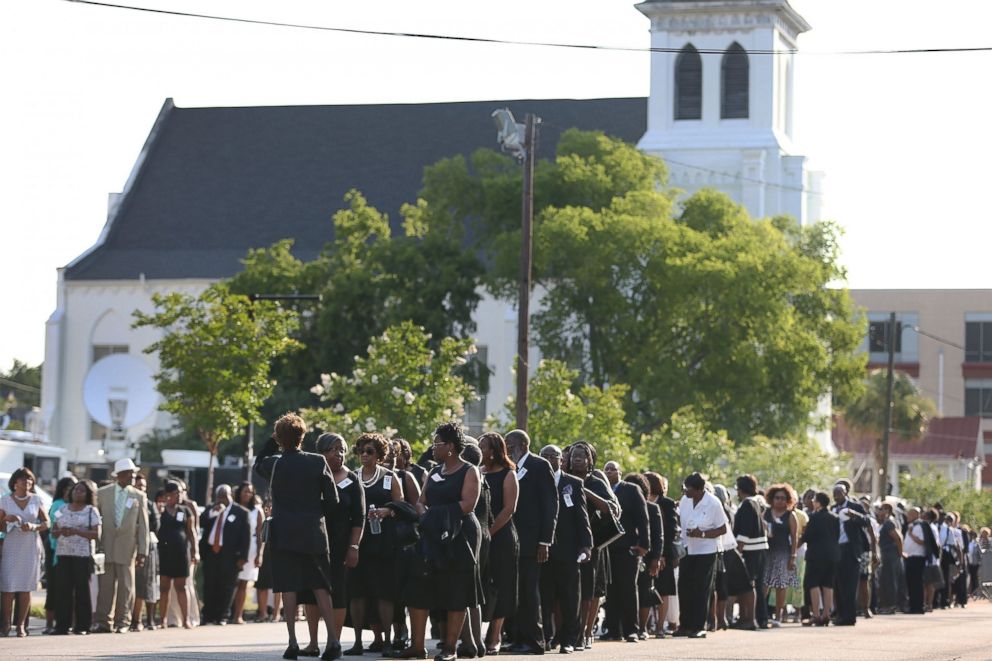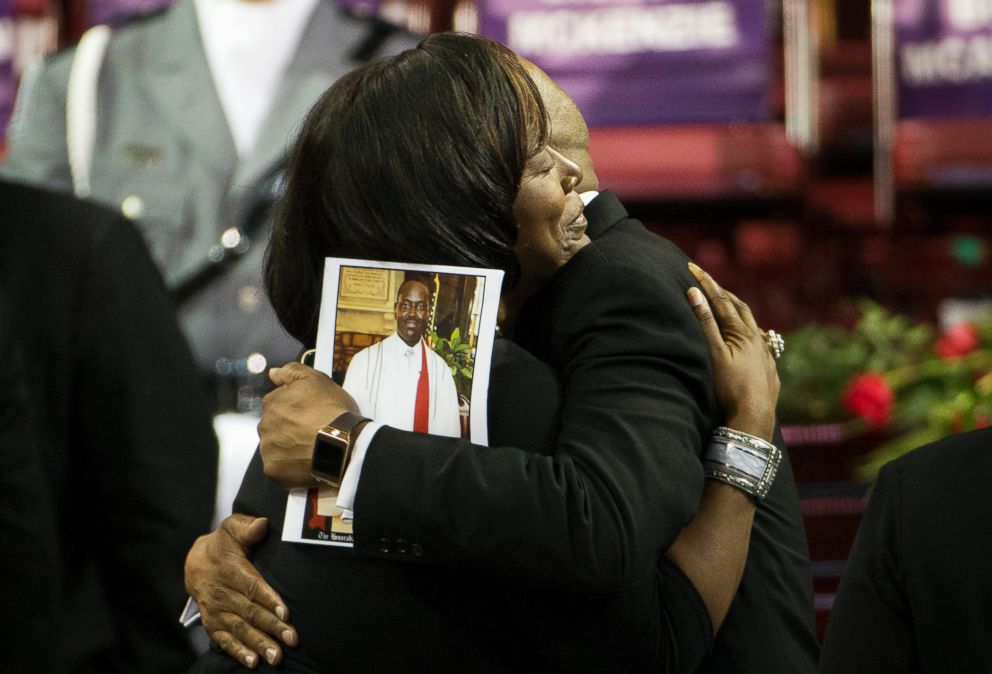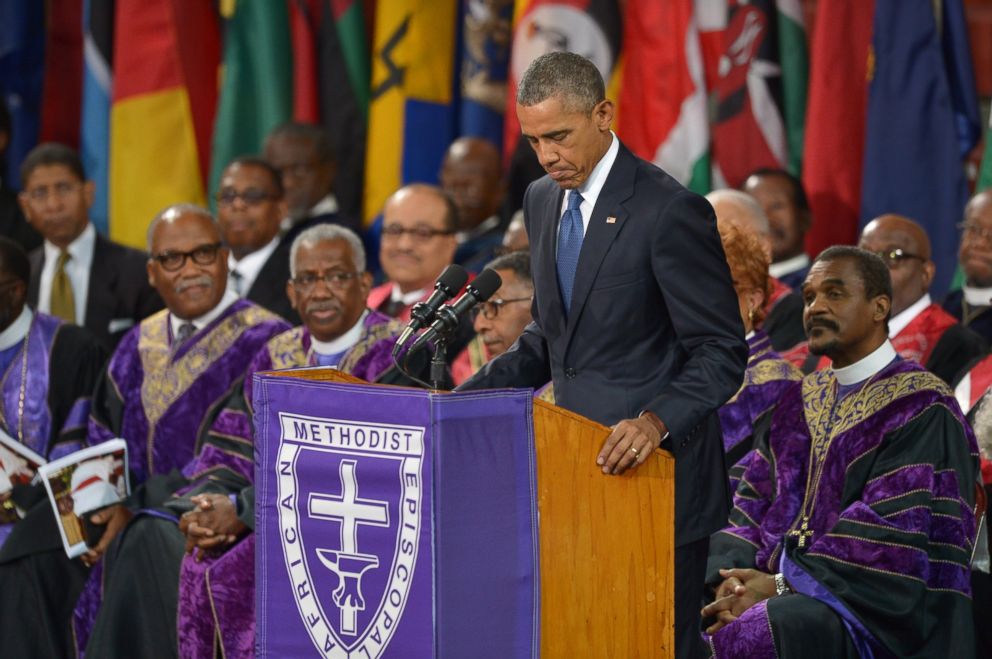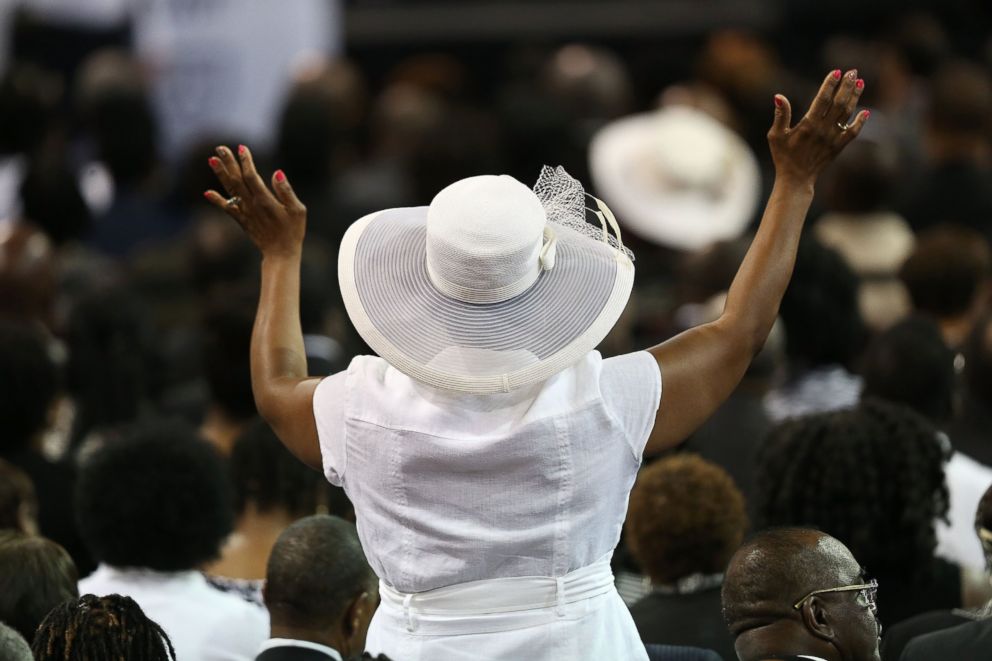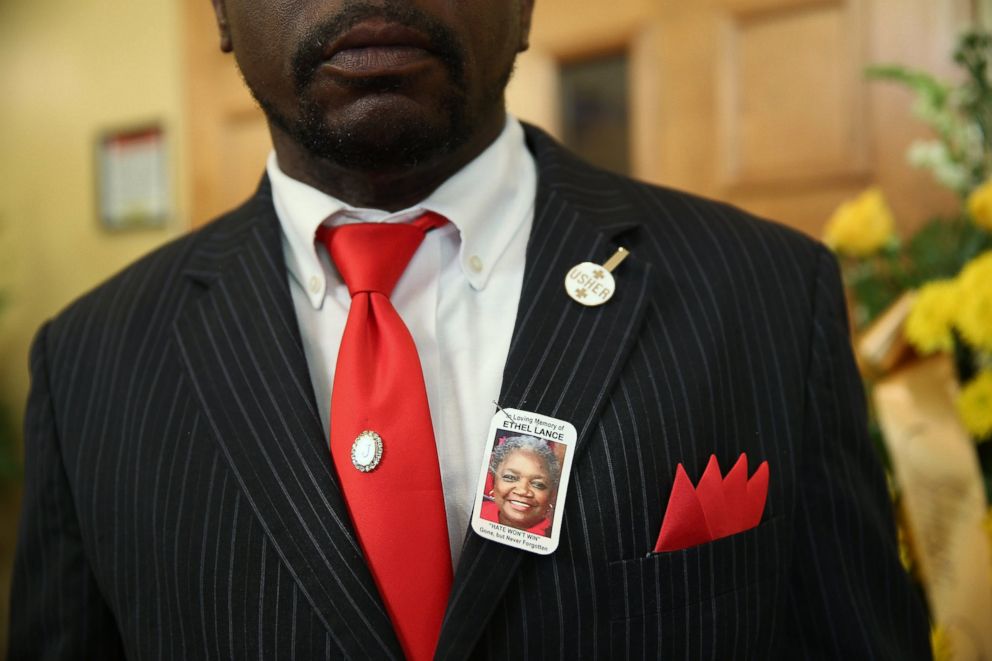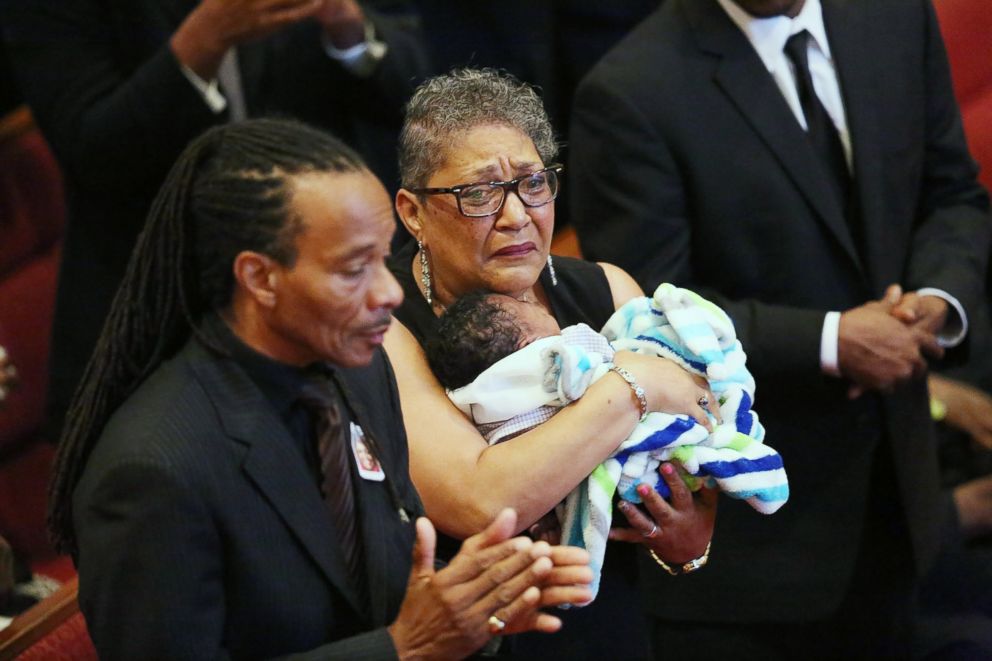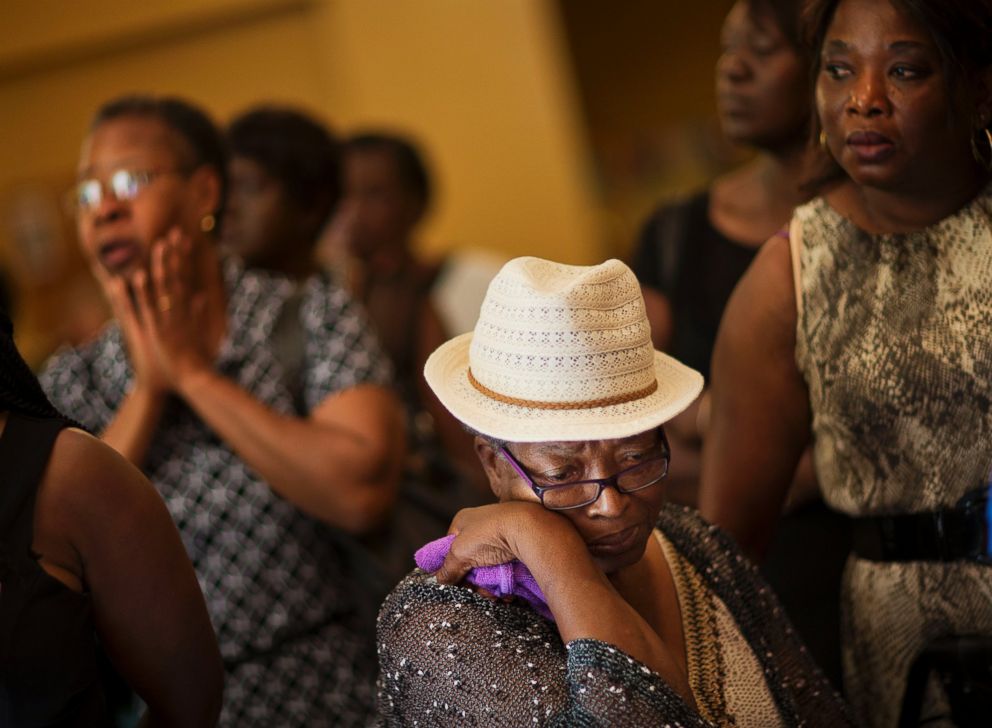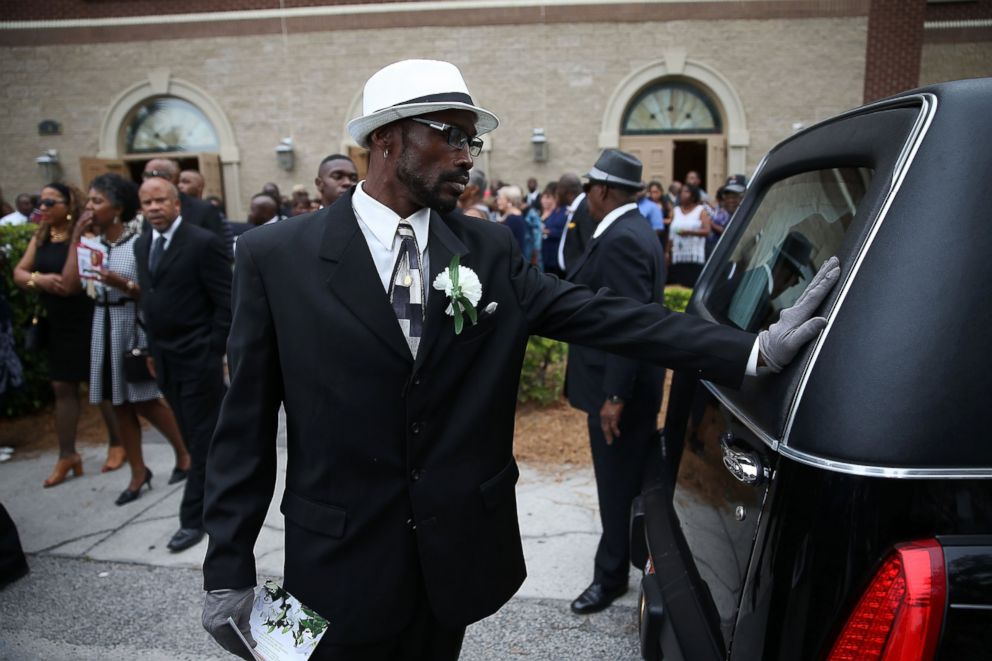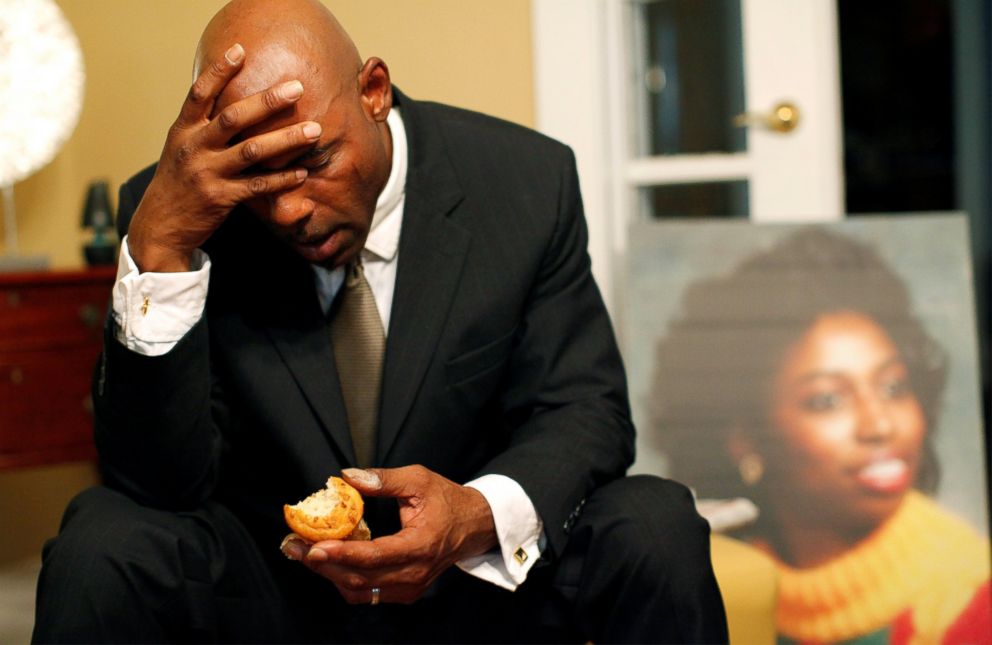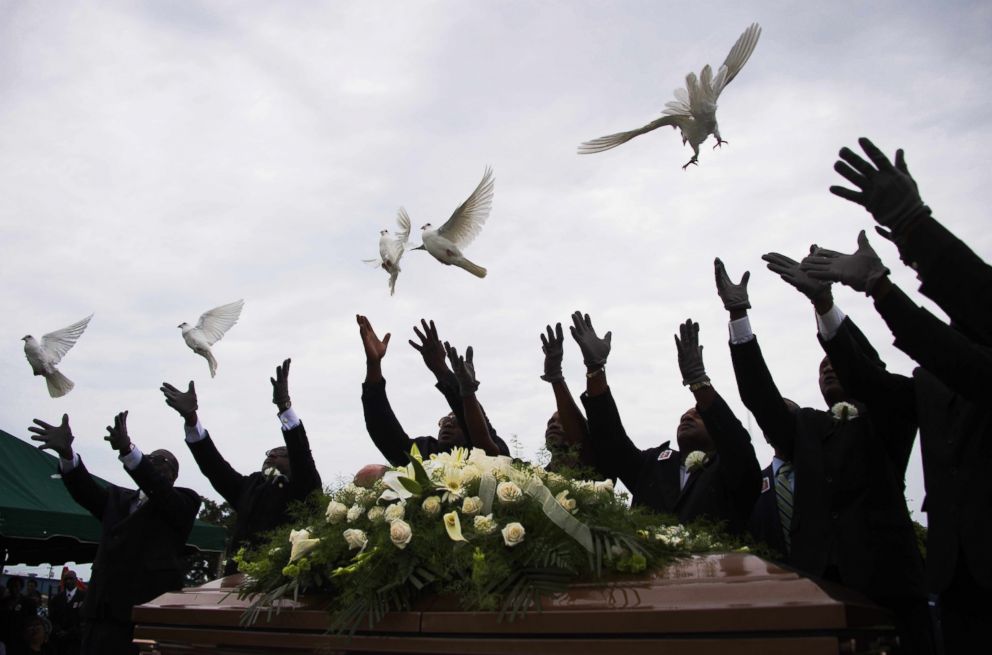Dylann Roof Sentenced to Death, 1st to Get Death Penalty for Federal Hate Crimes
He was convicted of killing nine churchgoers at a Bible study in Charleston.
— -- Dylann Roof, 22, has been sentenced to death for killing nine black churchgoers during a Bible study in Charleston, South Carolina.
The jury's decision had to be unanimous to sentence Roof to death. This is the first time a death penalty verdict was rendered in a federal hate crimes case, the Justice Department said.
The jury began deliberating Roof's fate earlier today, after Roof told the jury in a closing statement, "I still feel like I had to do it."
The verdict comes at the end of the federal death penalty case in which he was convicted of hate crimes resulting in death, among other charges. Roof also faces a state trial in which he may again face the death penalty.
Melvin Graham, brother of slain churchgoer Cynthia Hurd, said after the sentence was read, "Today we had justice for my sister."
But he called Roof's sentence a "very hollow victory because my sister's still gone. I wish that this verdict could have brought her back."
Graham said he supported the death penalty in this case, calling Roof's crimes "executions." He added that Roof took nine lives in a brutal fashion with no remorse.
"It's a hard thing to know that someone's going to lose their life," Graham said of Roof. "But when you look at the totality of what happened, it's hard to say that this person deserves to live."
Roof's family said in a statement, "We will always love Dylann. We will struggle as long as we live to understand why he committed this horrible attack, which caused so much pain to so many good people. We wish to express the grief we feel for the victims of his crimes, and our sympathy to the many families he has hurt. We continue to pray for the Emanuel AME families and the Charleston community."
Roof's defense said in a statement that the "sentencing decision means that this case will not be over for a very long time. We are sorry that, despite our best efforts, the legal proceedings have shed so little light on the reasons for this tragedy."
The defense added that they express sympathy "to all of the families who were so grievously hurt by Dylann Roof’s actions."
Attorney General Loretta Lynch said in a statement, "Roof sought out and opened fire on African-American parishioners engaged in worship. ... He did so because of their race. And he did so to interfere with their peaceful exercise of religion. The victims in the case led lives as compassionate civic and religious leaders; devoted public servants and teachers; and beloved family members and friends.
"No verdict can bring back the nine we lost that day at Mother Emanuel," Lynch continued. "And no verdict can heal the wounds of the five church members who survived the attack or the souls of those who lost loved ones to Roof’s callous hand. But we hope that the completion of the prosecution provides the people of Charleston -- and the people of our nation -- with a measure of closure."
Graham told reporters after the sentence was read, “I don’t know how you move forward. ... Cynthia’s not here. A piece of our family's gone. ... A piece of each one of us died."
"I lost a friend and a confidante," he continued. "How do I move forward without a part of my body? ... I think what I’m going to try to do is keep my sister's name, her legacy alive as best I can."
Roof told the jury earlier today in his closing argument, according to ABC affiliate WCIV, "I think that it's safe to say that no one in their right mind wants to go into a church and kill people."
He added, "In my confession to the FBI, I told them that I had to do it.
"But obviously that's not really true. I didn't have to do it, and no one made me do it," Roof said, according to WCIV. "What I meant when I said that was I felt like I had to do it, and I still feel like I had to do it."
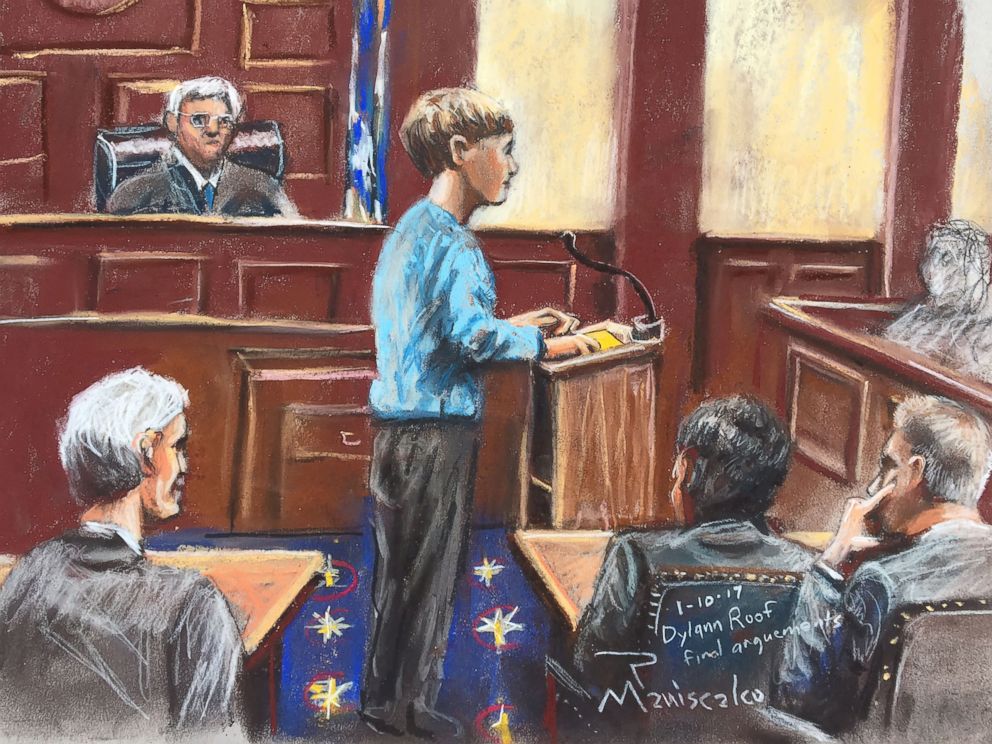
In the government's closing argument today, Assistant U.S. Attorney Jay Richardson laid out the government's argument for the death penalty.
He recounted to the jury how on the night of the June 17, 2015, shooting, the unsuspecting victims, who had gathered for a Bible study, welcomed Roof, a stranger, to join them. Roof then opened fire on them; the victims were vulnerable targets with their eyes closed in prayer, Richardson said, according to WCIV.
A look back at the tragic Emanuel AME Church shooting
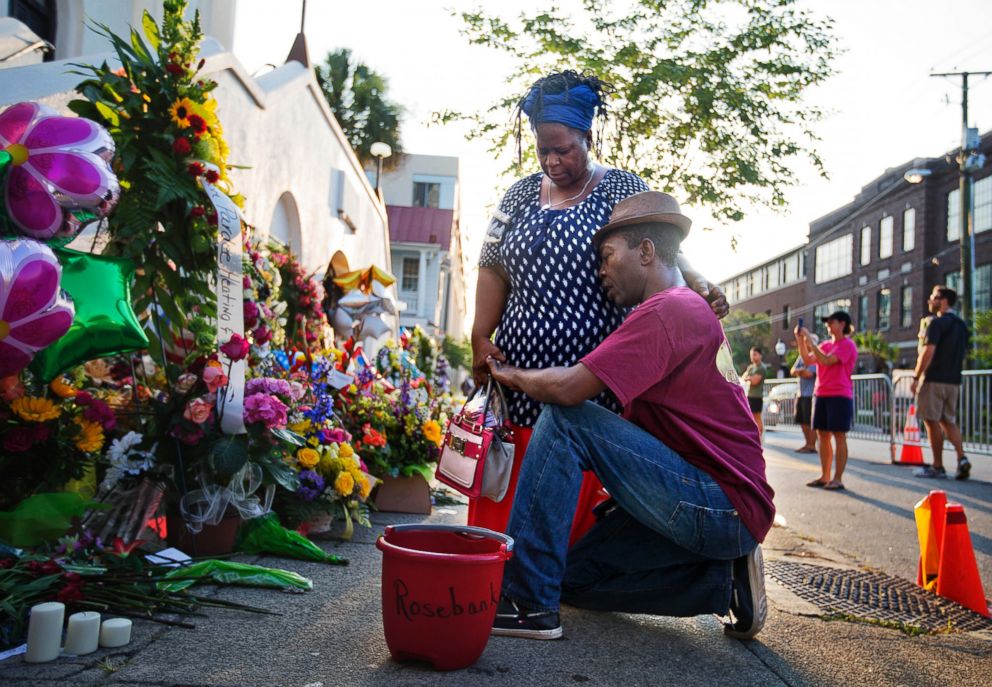
Richardson said that before the killings, Roof's racist hatred built up for years.
Roof scouted the Emanuel AME Church months before, calling and visiting, Richardson said. After buying the murder weapon with his birthday money, Roof bought enough magazines to have 88 rounds, which had racist symbolism, Richardson said: 88 is an abbreviation for the Nazi salute "Heil Hitler," as "h" is the eighth letter in the alphabet.
Besides a website where he shared his message of "hate," Richardson said, Roof mentally and physically prepared for the shooting; he took photos with his gun pointed at the camera and recorded video of his target practice.
"He chose to videotape himself doing it so he could see the very last images these victims would see," Richardson said, according to WCIV. "He wanted to see what he would look like as he stood over them, executing them."
"This is calculated. Misguided but thoughtful," Richardson said, according to WCIV. "He spent years acquiring this deep hatred, this deep hatred we would all like to believe could not exist in someone. But it does. You've seen it."
Richardson said that after Roof left the scene of the shooting, he "fully understood the horrific nature" of his crime. Roof fled on back roads to North Carolina, knowing police were looking for him, and he avoided using his debit card, knowing it could be tracked, Richardson said.
While Roof expressed sorrow to his parents and pity for himself, he didn't shed a tear for the people he killed, Richardson said. Roof showed multiple times that he didn't have remorse, according to Richardson, from his jailhouse manifesto with racist language to the shoes he wore in court during this trial that had racist symbols on them.
Roof was willing to plead guilty if the government would take the death penalty off the table, which Richardson said shows "that he wants to spend his life in prison, listening to the radio, and writing more racist filth," WCIV reported.
